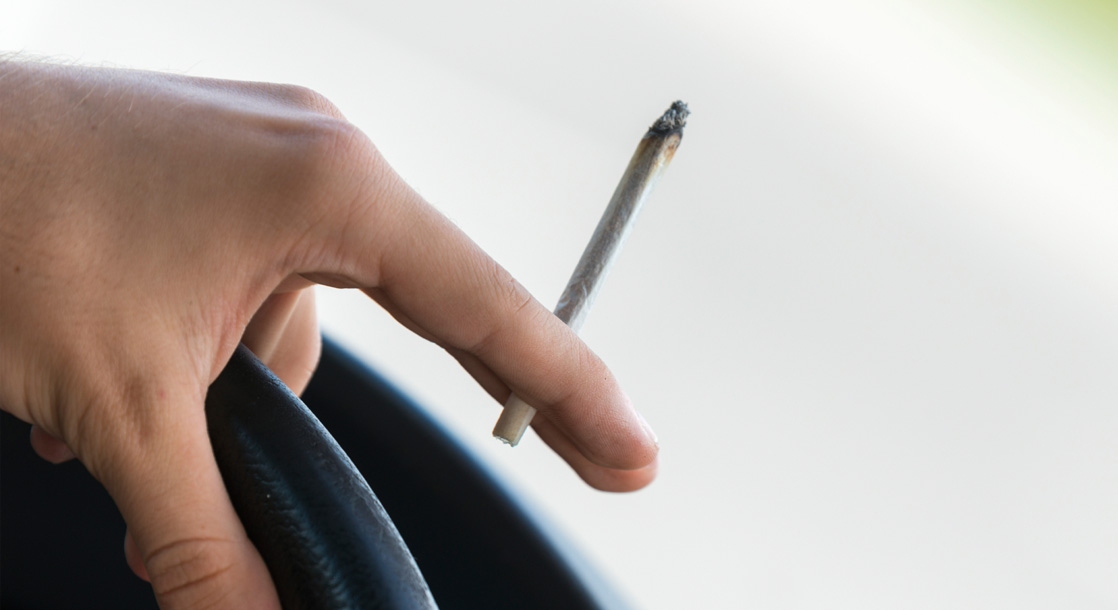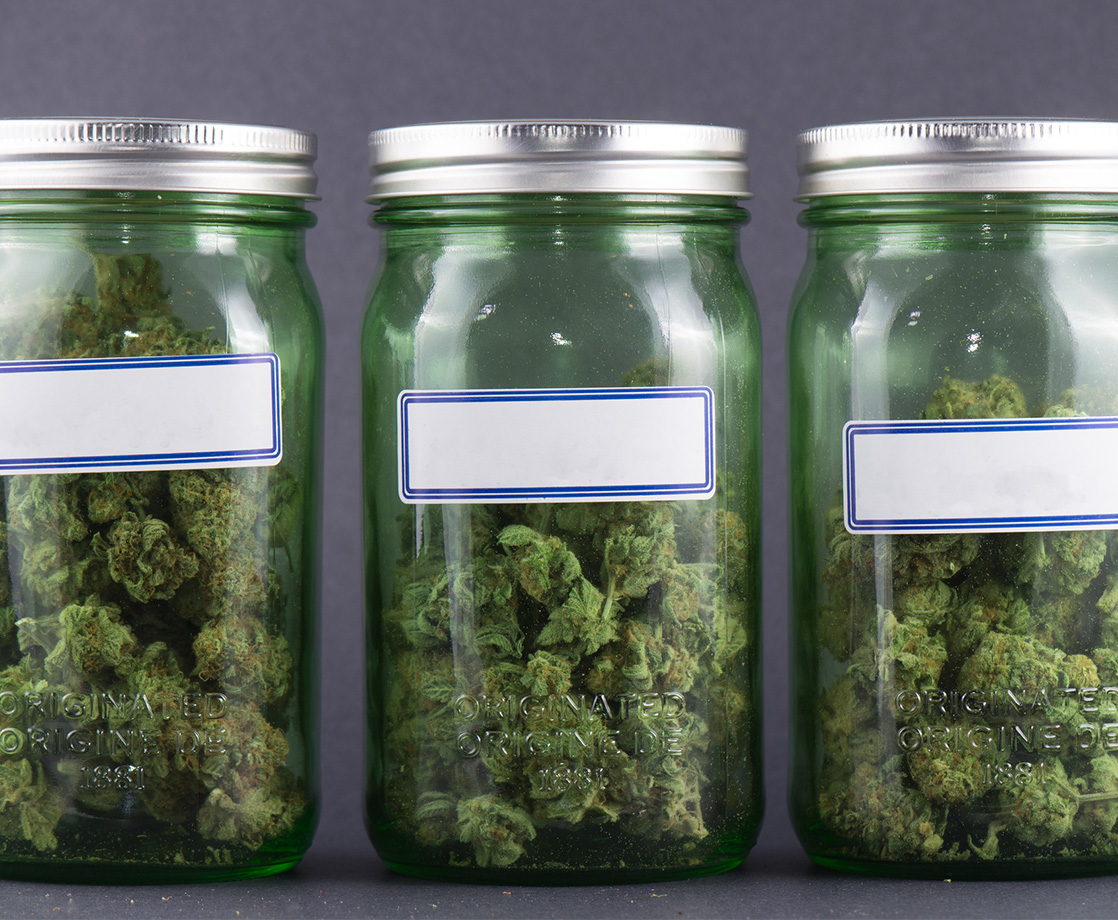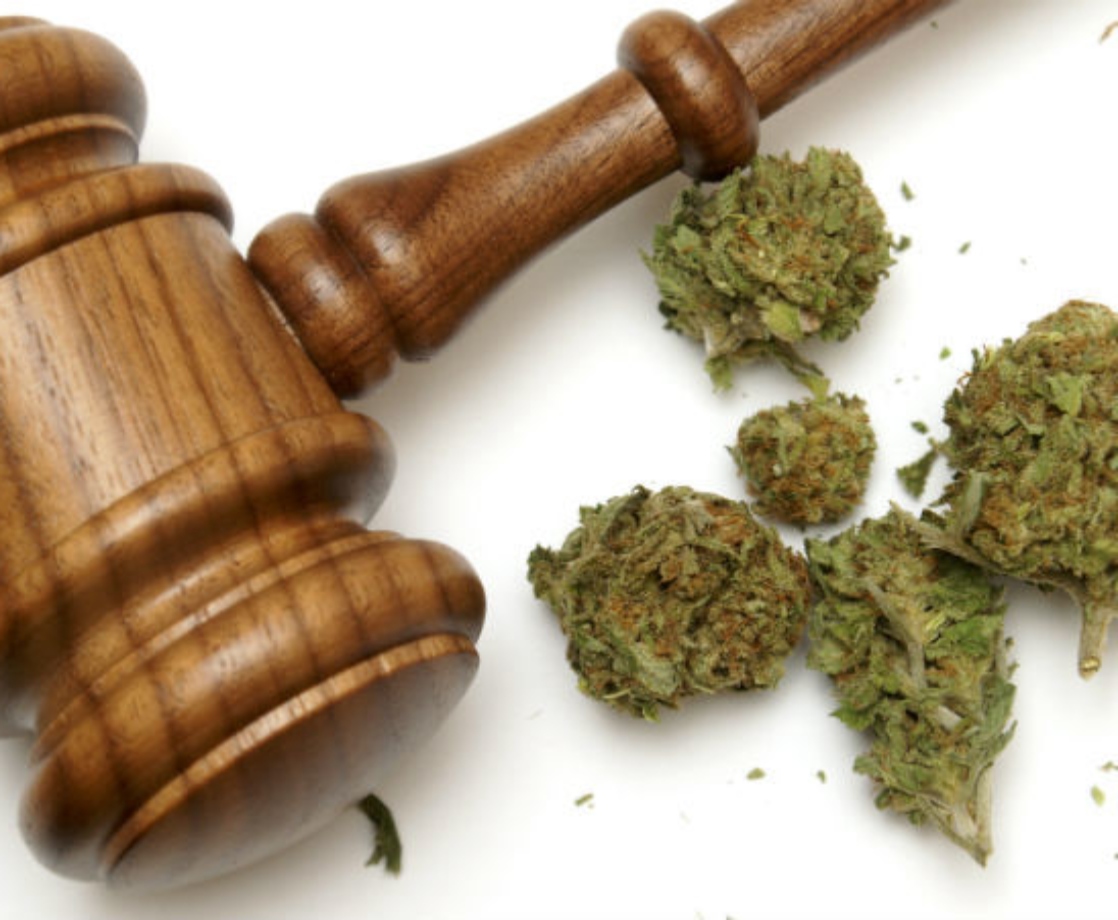New research from AAA shows that legal limits for marijuana and driving are arbitrary and unsupported by science which could result in imparied motorists going free and others being wrongfully convicted.
Fatal crashes involving drivers who recently used marijuana doubled in Washington after the state legalized the drug, according to the latest research by the AAA Foundation for Traffic Safety detractors to stringent laws regulating THC in drivers claim cell phones—even the hands free variety—are more dangerous than THC for drivers.

Many states are turning towards THC breathalyzer tests. AAA’s safety foundation, however, determined it’s not possible to set a blood-test threshold for THC. In five of the six states which use such a test, a driver is still presumed guilty if he/she tests higher than a particular limit.
The AAA foundation recommends training police officers to know if a driver is impaired, which would then be supported by a test for the presence of THC. Officers can analyze a suspect by evaluating pupil dilation, tongue color, and how a person is behaving, the foundation suggests.
AAA’s safety foundation advised Colorado, Montana, Nevada, Ohio, Pennsylvania and Washington, as well as all states considering adopting such laws, to abandon the tests for driver THC impairment.
"There is understandably a strong desire by both lawmakers and the public to create legal limits for marijuana impairment in the same manner we do alcohol," said Marshall Doney, AAA's president and CEO. "In the case of marijuana, this approach is flawed and not supported by scientific research."
Right now, there is no scientific procedure to determine if one is currently impaired by marijuana or simply having taken it at some point in the past.
Nine states have zero-tolerance laws for driving under the influence of marijuana. In such states, the mere presence of THC metabolites in a driver’s blood will result in a DWI.
"A law against driving with THC in your bloodstream is not a law you can know you are obeying except by never smoking marijuana or never driving," said Mark A. R. Kleiman, a New York University professor dealing in drugs and criminal justice policy.
He recommends states make driving under the influence of THC a traffic violation, considering driving while under the impairment of THC is safer than driving with a hands free cell phone.











